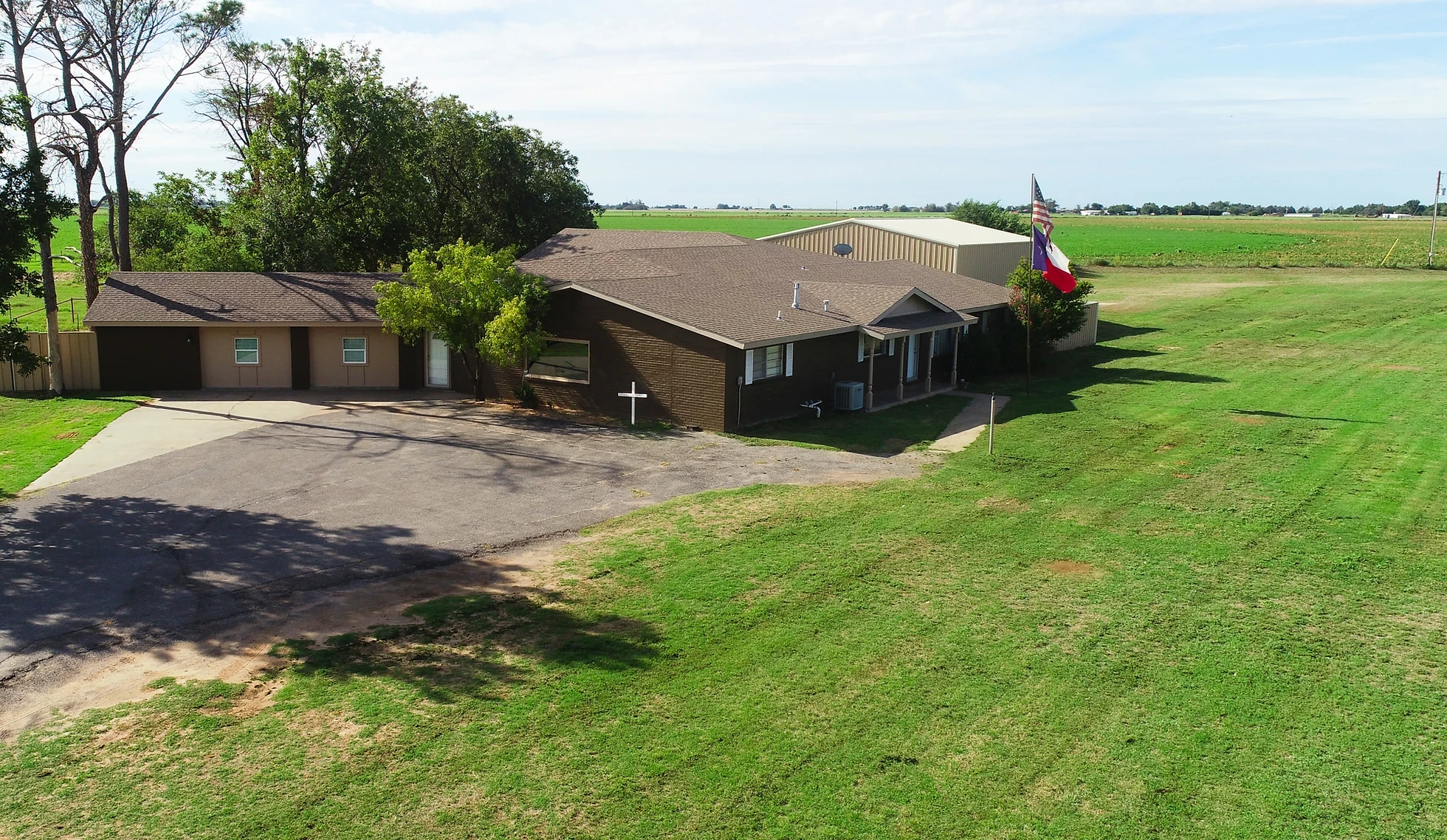Hope Center Ministries, situated in Axton, VA, offers all-inclusive rehabilitation programs with a heavy emphasis on family engagement for those battling addiction. Their faith-based approach integrates spiritual growth with treatment, guiding residents toward becoming fully committed followers of Christ. The facility provides a controlled atmosphere for healing and personal growth, serving both individuals and their families.
A number of services are available via Hope Center Ministries, such as Celebrate Recovery meetings, family support nights, and an inpatient residential program. Treatment modalities offered by the facility include anger management, exercise therapy, cognitive behavioral therapy (CBT), and family support services. Hope Center Ministries is distinct in that it places a strong focus on family and community involvement in the healing process, offering chances for engagement through interactive coursework and support sessions. Hope Center Ministries, which is accredited by The Joint Commission, is committed to assisting people in achieving long-lasting recovery by using a Christ-centered approach. It maintains high standards of care.
Hope Center Ministries - Axton Men's Center Information
Treatment
Who We Treat
- Male and Female
Treatment Focus
- Men
- Alcohol
- Drug Addiction
Approaches
- 12-Step-Based
- Christian
- Family Involvement
- Twelve Step
- Family Therapy
- Group Therapy
- 1-on-1 Counseling
- Recreation Therapy
- Life Skills Training
Conditions We Treat
- Trauma
- Co-Occurring Disorders
Substances We Treat
- Alcohol
Languages
- English
Aftercare
- Discharge Planning
- Relapse Prevention Planning
- Continuing Care
- Peer Mentoring
- Mentoring and Peer support
Level of Care
- Residential Rehab
- Co-Occurring Mental Health
- Aftercare/Continuing Care
Experience
On-Site Amenities
- Air-Conditioned Rooms
- Outdoor Space
- Lounge
Personal Amenities
- Private or Shared Rooms
- Shared Bathroom
On-Site Activities
- AA/NA Meetings
- Games
- Alternative Support Meetings
Accreditations
-
State department of health
State Licenses, issued by government agencies, authorize rehabilitation organizations to legally operate within designated geographical areas. The specific licenses required for operation are typically determined by both the nature of the rehabilitation program provided by the facility and its physical location.

Additional Locations
Find the best treatment options. Call our free and confidential helpline today!









